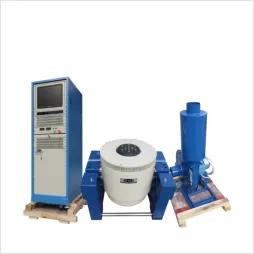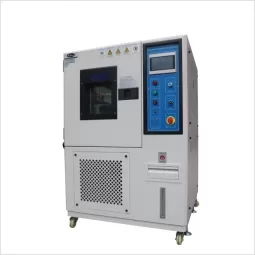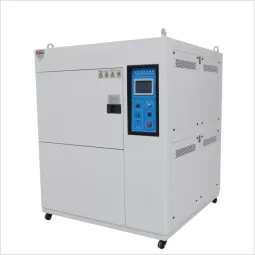The Role of PCT Chambers in Accelerated Aging Testing for Electronics and Semiconductor Components
Introduction
Pressure Cooker Test (PCT) chambers are essential tools in accelerated aging testing, specifically designed to simulate extreme environmental conditions such as high temperature and humidity. These chambers have become indispensable in a variety of industries, particularly in electronics and semiconductors, where product reliability is critical. In this article, we will explore the significance of PCT chambers in testing the durability and performance of electronic and semiconductor components under harsh conditions. We will also discuss technological advancements, applications, and the economic advantages of using these testing systems.
Understanding the PCT Chamber
A PCT chamber is a specialized testing device used to accelerate the aging process of materials by exposing them to high pressure, temperature, and humidity. This type of testing helps simulate long-term wear and tear in a compressed time frame, enabling manufacturers to assess the reliability and lifespan of their products. These chambers are commonly used in the semiconductor industry to test integrated circuits (ICs), connectors, and photovoltaic modules.
PCT chambers typically operate by sealing a test specimen inside a chamber where pressure and temperature are carefully controlled. They use a combination of moisture and heat to create an environment that mimics the harsh conditions a product might experience during its lifecycle. With these settings, manufacturers can predict failure points and identify weaknesses in the material or design.
Importance of PCT in Electronics and Semiconductor Testing
The electronics and semiconductor industries have stringent quality standards because the failure of components can result in significant economic losses, as well as safety concerns. PCT testing provides manufacturers with valuable insights into how their products will perform when exposed to harsh environments such as moisture, heat, and high-pressure conditions. These tests help in identifying weak points like material degradation, solder joint failure, or corrosion, which might not be evident under normal operating conditions.
For semiconductor manufacturers, the PCT chamber is particularly valuable because it accelerates the testing of microchips and other sensitive components, which are often subject to extreme conditions during use. As electronic devices become more compact and intricate, ensuring that individual components can withstand environmental stress is crucial for maintaining overall product reliability.
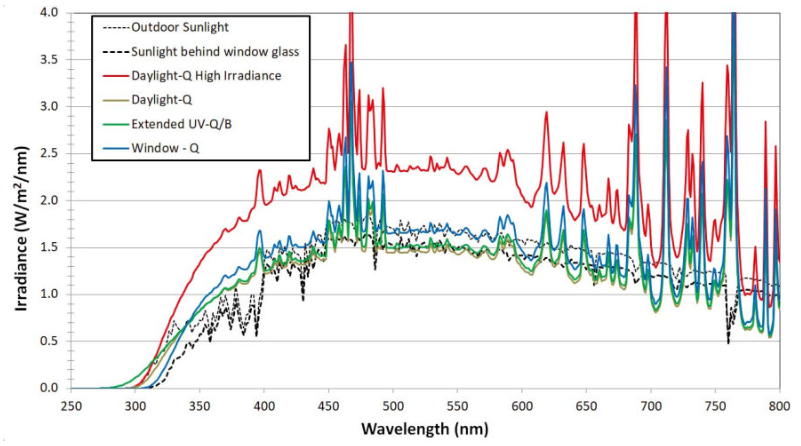
Technological Advancements in PCT Chambers
Enhanced Temperature and Pressure Control: Modern PCT chambers now offer more precise control over temperature and pressure, allowing for highly reproducible test results. This is crucial for industries where consistency and reliability are paramount.
Faster Testing Cycles: Recent designs focus on reducing test duration without compromising on the quality of results. Improved heat transfer systems and more efficient humidity regulation allow manufacturers to complete tests more quickly.
Automated Monitoring Systems: Advanced PCT chambers are now equipped with automated monitoring systems that provide real-time data on environmental conditions, making it easier to analyze results and detect any discrepancies.
Energy Efficiency: Newer models of PCT chambers are designed to consume less power while maintaining optimal performance, thus reducing operational costs.
Applications of PCT Testing in Semiconductor Industry
PCT testing is indispensable in the semiconductor industry, where ensuring the durability of microchips and other electronic components is a top priority. Below are some key applications:
Failure Mode Analysis: PCT chambers help simulate failure modes such as corrosion, delamination, and material fatigue in semiconductors. By subjecting components to accelerated aging, manufacturers can predict how these failures might occur in real-world conditions.
Reliability Testing for Automotive Electronics: Automotive electronics are subjected to extreme conditions like high temperatures and humidity. PCT chambers allow manufacturers to test their products under simulated conditions to ensure they can withstand demanding environments.
Photovoltaic Modules Testing: Solar panel manufacturers use PCT chambers to test the long-term stability and performance of photovoltaic modules under high-pressure, temperature, and humidity conditions.
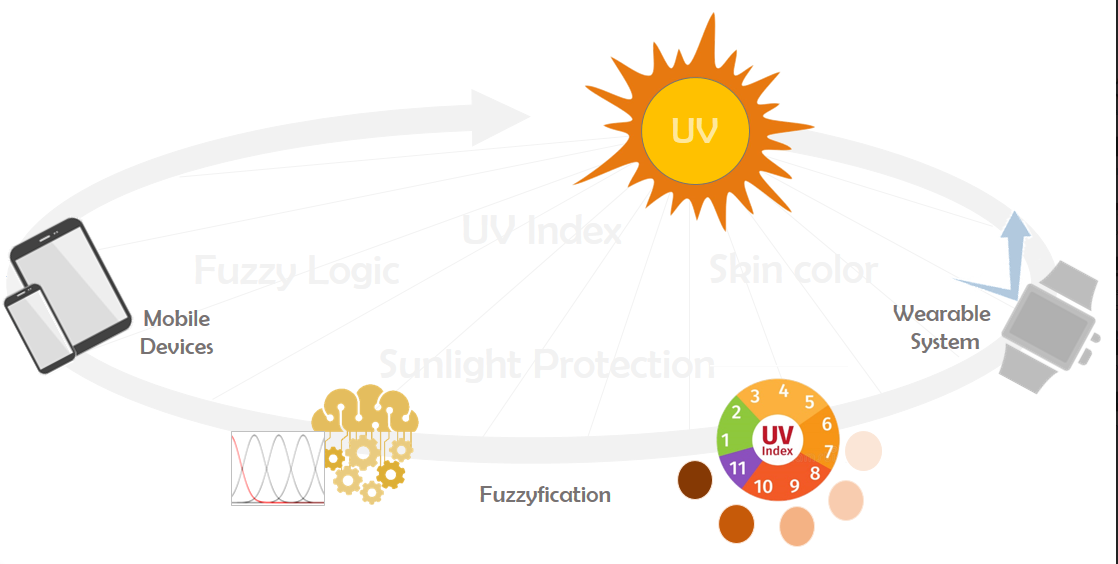
Economic Impact of PCT Testing
The use of PCT chambers provides manufacturers with significant economic advantages:
Reduced Product Failures: By identifying potential failure points early in the design process, manufacturers can make necessary adjustments, ultimately reducing the likelihood of costly product recalls or warranty claims.
Faster Time to Market: PCT testing helps expedite product development by providing rapid feedback on product durability. This enables manufacturers to bring products to market faster, gaining a competitive edge.
Cost Savings: Although PCT chambers represent an upfront investment, their long-term benefits outweigh the costs. By improving product reliability and reducing the risk of failures, companies can save money on post-production issues and litigation.
Conclusion
PCT chambers play a critical role in ensuring the durability and reliability of products in industries like electronics and semiconductors. Through advanced technological features and accelerated aging testing, these chambers help manufacturers predict product performance under harsh conditions, ultimately leading to better product quality and reduced failures. As the demand for more compact, reliable, and high-performance electronics continues to grow, the importance of PCT testing will only increase.
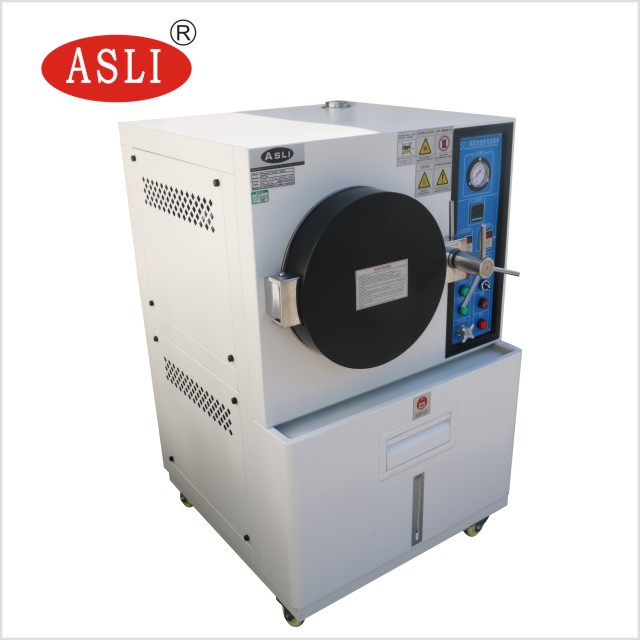
References
PCT Chamber Market Overview and Trends
Application of PCT Testing in Semiconductor Components
Advancements in PCT Chamber Technology










